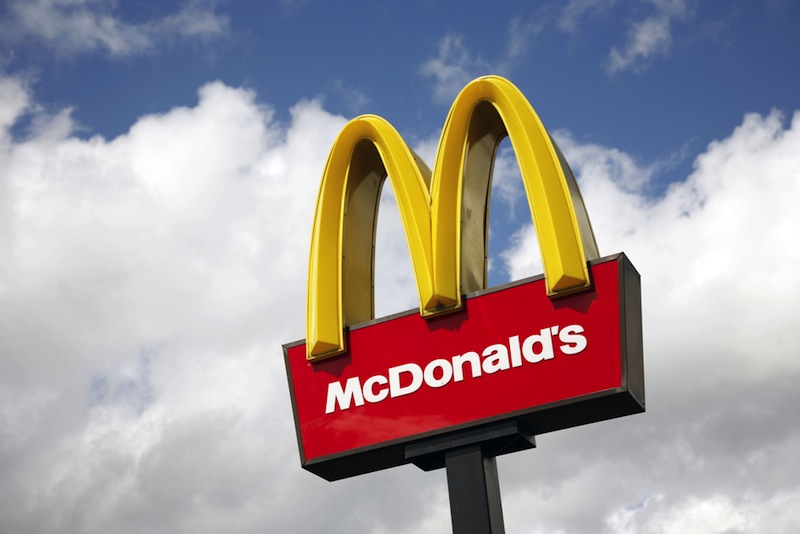
McDonald's Unveils Plan to Start Purchasing Sustainable Beef in 2016

McDonald's is getting serious about protecting the environment. The fast-food behemoth is planning to begin purchasing verified sustainable beef in 2016, in an effort to support responsible and sustainable production in the beef industry, according to a company statement.
In 2011, McDonald's teamed up with the World Wildlife Fund, agriculture giant Cargill, food processing company JBS and other companies to establish the Global Roundtable for Sustainable Beef. The group outlined best practices, and developed guiding principles for the production of sustainable beef, a "breakthrough for the beef industry, and for McDonald's," company officials said.
The fast-food chain is working closely with industry members to improve nutrition and economic value of its beef, while reducing the impact of its operations on overgrazing and climate change.
"In 2013, we calculated McDonald's carbon footprint using a widely recognized life cycle analysis approach," company officials said in a statement. "The analysis extended from farm to fork across our worldwide supply chain and restaurants. We found that about 70 percent of our greenhouse gas emission impacts are in our supply chain, and of those, around 40 percent are related to beef. Even though our purchases represent less than 2 percent of the total beef and dairy industry, we are working with other end users and the broader beef industry to address this important topic."
Follow Denise Chow on Twitter @denisechow. Follow LiveScience @livescience, Facebook & Google+.
Sign up for the Live Science daily newsletter now
Get the world’s most fascinating discoveries delivered straight to your inbox.

Denise Chow was the assistant managing editor at Live Science before moving to NBC News as a science reporter, where she focuses on general science and climate change. Before joining the Live Science team in 2013, she spent two years as a staff writer for Space.com, writing about rocket launches and covering NASA's final three space shuttle missions. A Canadian transplant, Denise has a bachelor's degree from the University of Toronto, and a master's degree in journalism from New York University.









